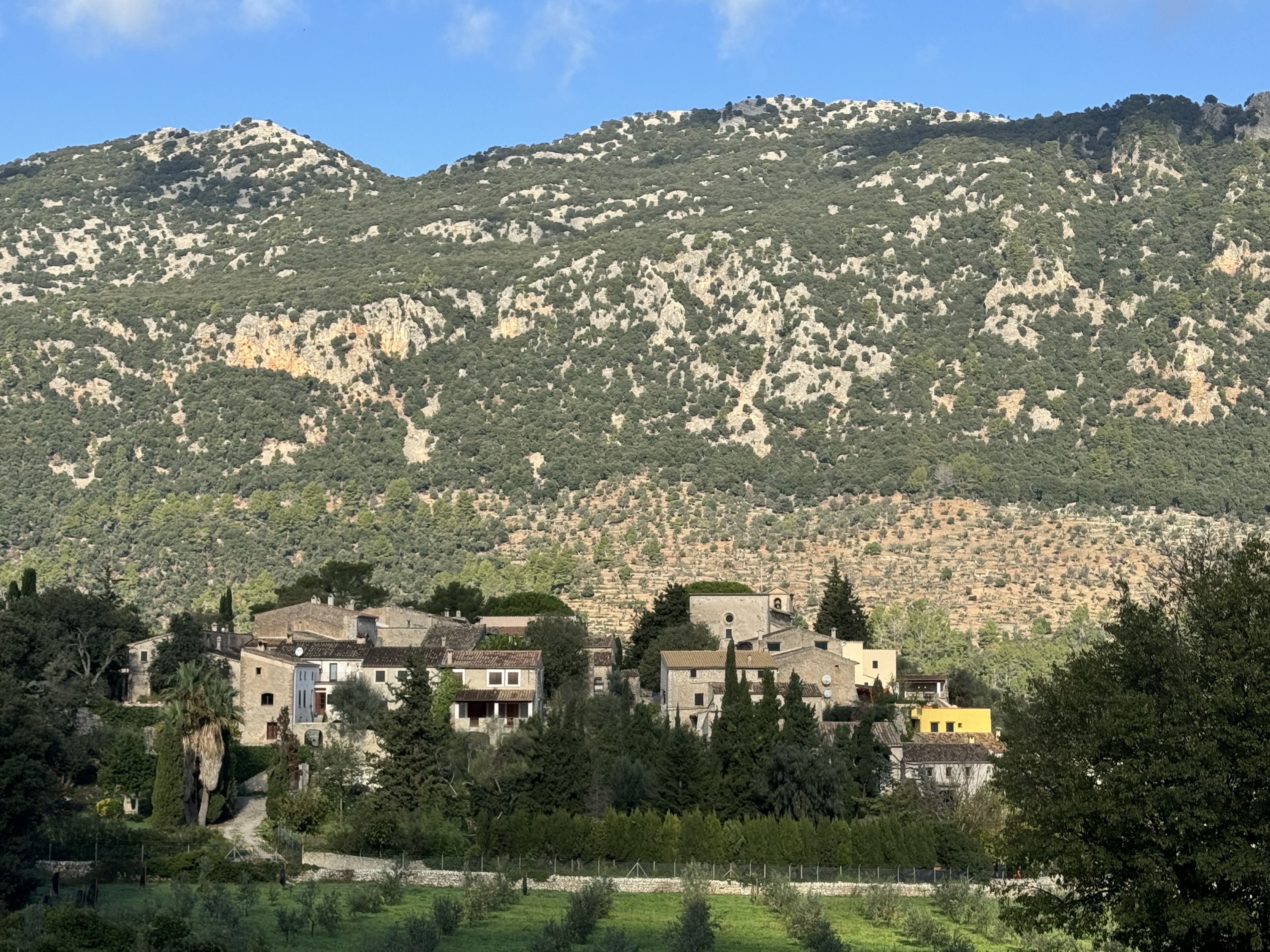House and Apartment “Occupation” (Okupación) in Mallorca 20/10/2025
House and Apartment “Occupation” (Okupación) in Mallorca

1. What is meant by “Occupation” / “Okupación” in Mallorca?
The term “Okupación” generally refers to a residential property — house, apartment, or even a vacant commercial building — being taken over without the owner’s consent (or without a valid rental/lease agreement) by people who are not legally authorized to use it.
In Mallorca, and Spain in general, two main types are distinguished:
-
Allanamiento de morada (breaking into a home), when it concerns an occupied property: this refers to entering or occupying a home or house, considered the “residence” of the owner or lawful user, without permission.
-
Usurpación (unlawful appropriation) — when, for example, a vacant property, unused house, or building not used as a permanent residence is taken over by third parties.
On Mallorca, owners and neighbors increasingly report cases where properties, especially vacant houses or apartments, are used by so-called “okupas” — often negatively impacting the owners and/or surrounding neighborhood.
2. Why does this happen in Mallorca?
Some reasons and conditions that play a role in Mallorca:
-
Many properties are vacant at times (holiday homes, second homes, investment properties). Vacancies make it easier for unauthorized occupation.
-
The property and rental market is tight, making it attractive for some to occupy vacant properties without permission.
-
Legal and practical obstacles for owners to reclaim property quickly: lengthy procedures, bureaucratic hurdles. For example, “Usurpación” is often not resolved immediately by the police and may require a court order.
-
In some cases, organized structures: in one reported case, neighbors suspected a kind of “mafia” controlling vacant buildings.
-
Political and legal discussion: the Balearic government (Región de Islas Baleares) is considering measures against people convicted of Okupación, e.g., exclusion from rental or housing aid.
3. Legal situation in Mallorca / Spain
Key points:
-
Spanish law provides both criminal and civil remedies. For example, the Penal Code (Código Penal) distinguishes between breaking into a home (allanamiento de morada) and unlawful appropriation (usurpación).
-
With the reform of the Ley de Enjuiciamiento Criminal (“LECrim”) in 2025 (≈ Ley Orgánica 1/2025), cases of Okupación or unauthorized use can be handled more quickly via a “juicio rápido” — e.g., a period of approximately 15 days for certain proceedings.
-
In the Balearic Islands (including Mallorca), laws or regulations are planned to exclude people convicted of Okupación from state rental or housing benefits for a certain period.
-
Local police recommend that owners in case of Okupación not act on their own to remove occupants or use force, but instead follow formal procedures: file a report and initiate legal action.
What this means specifically for owners:
-
If it is a residence where you live or normally reside (main or holiday home with personal belongings) and someone has entered without permission, it is often considered allanamiento de morada. Police can intervene more quickly in such cases.
-
If the property is vacant, e.g., a commercial property or second home unused for a long period, the term usurpación usually applies — procedures are longer and more complex.
-
The key difference: whether you as the owner regularly use the property and the use is clearly visible, or whether the property was practically “abandoned.” In the latter case, rights are harder to enforce.
4. Typical cases in Mallorca – Challenges & Risks
Some realistic scenarios and what to watch out for:
-
Vacant fincas or estates: In rural areas or outskirts, some houses remain vacant for long periods and are used by okupas. Owners often find it difficult to detect and act legally.
-
Apartments in complexes or Palma city: neighbors may be affected by noise, disturbances, or insecurity due to okupas using the property.
-
Tourist or second-use properties: Occasional-use homes or rentals have a higher risk of unauthorized occupation, making fast intervention difficult.
-
Financial consequences: Beyond emotional stress, there may be rent loss, damage, cleaning costs, legal costs for proceedings, and potential depreciation of the property during vacancy.
-
Image and neighborhood risks: Occupation can make neighbors feel unsafe, affecting the area. Some neighbors have moved away due to insecurity.
5. What owners in Mallorca can do — Step by Step
A practical guide if you suspect or are facing occupation:
5.1 Prevention
-
Ensure your property does not appear vacant:
- Regular visits, cleaning, or maintenance.
- Turn on lights or use timers to create a “lived-in” impression.
- Alarm system through local providers.
-
Secure doors, windows, locks, alarms. Harder access reduces risk.
-
Check outbuildings, garages, storage rooms — common entry points.
-
Inform neighbors: Ask a trusted neighbor or property
